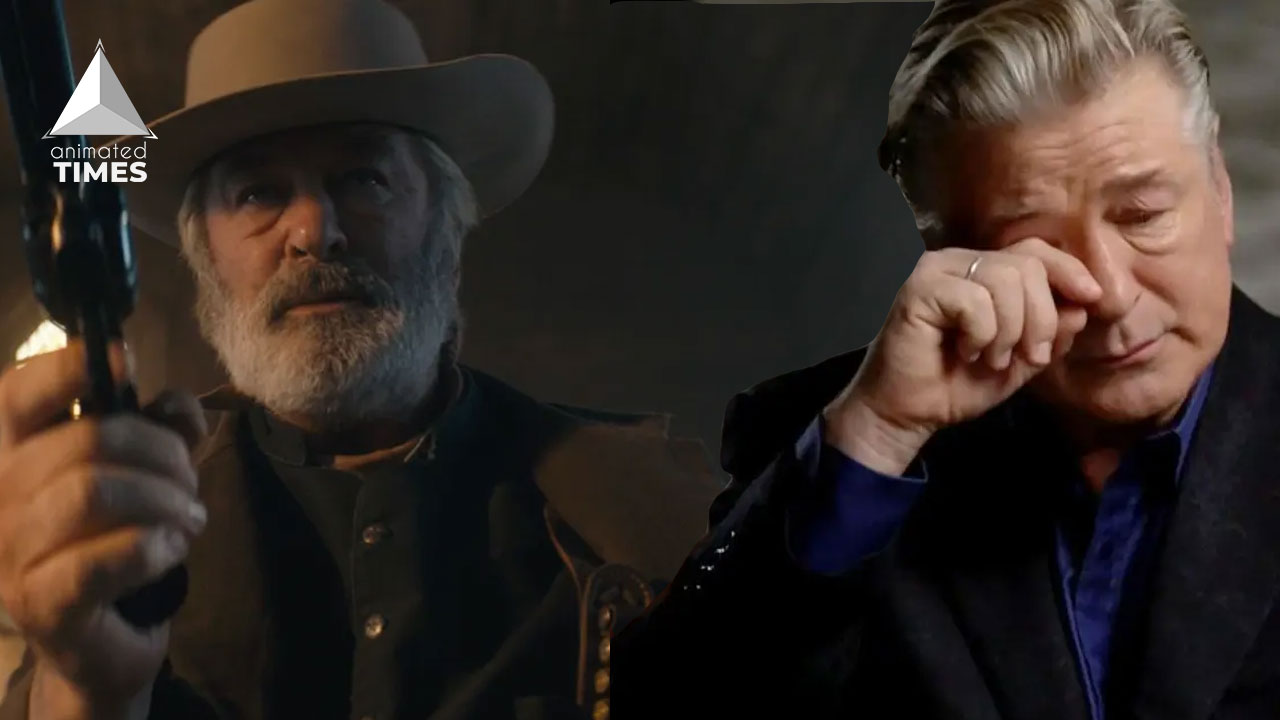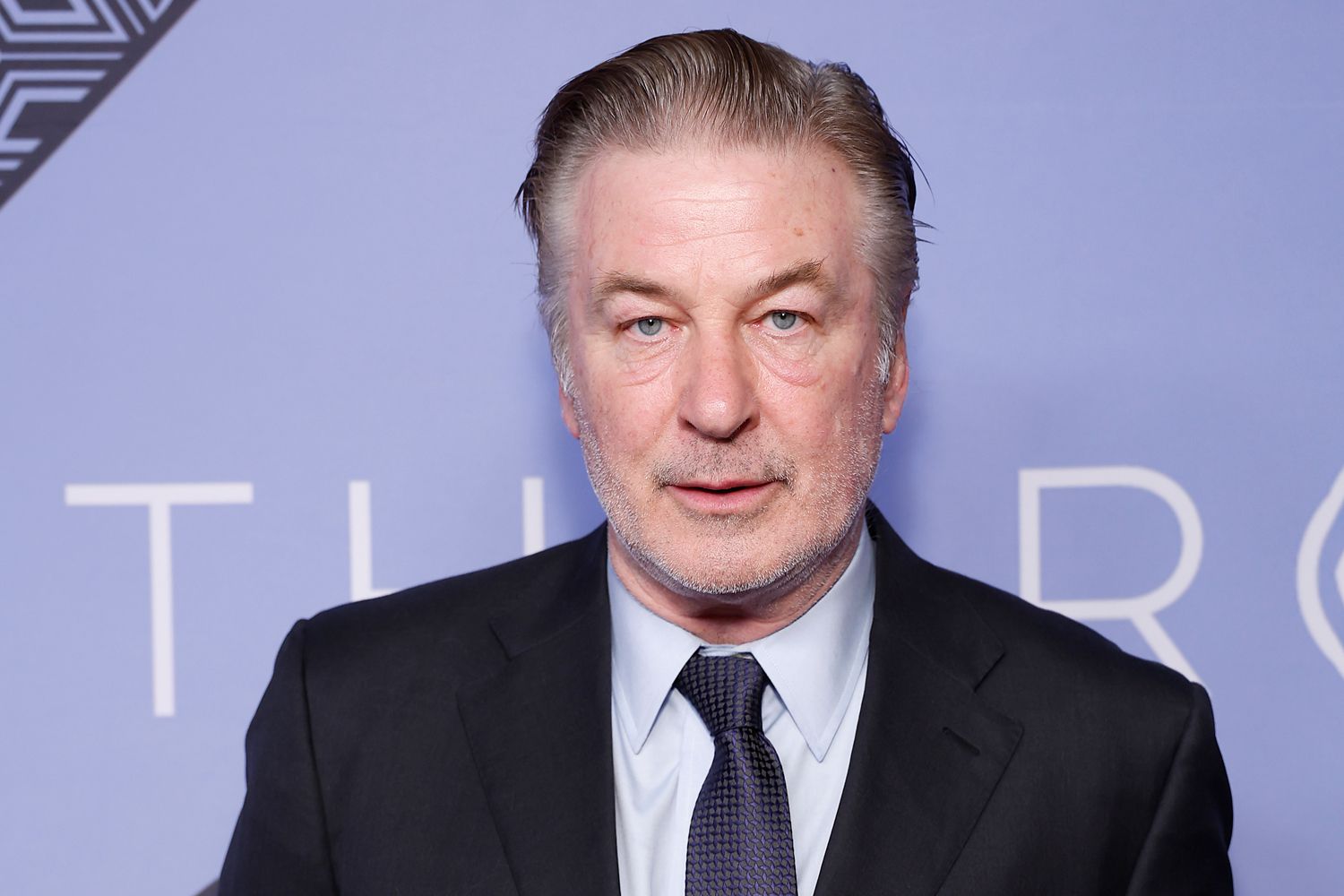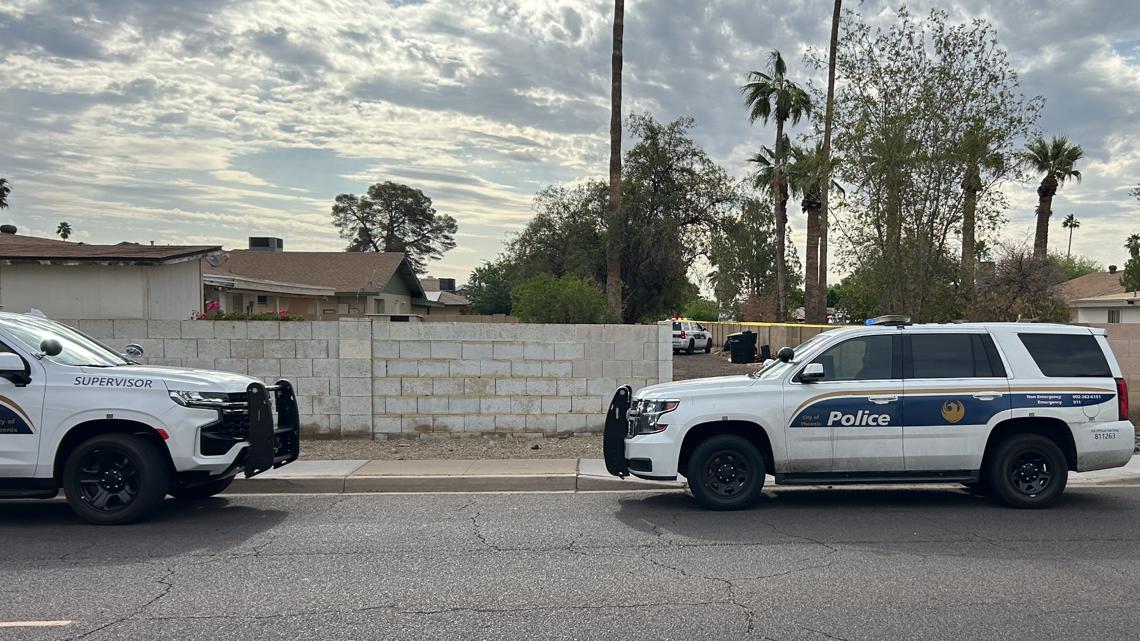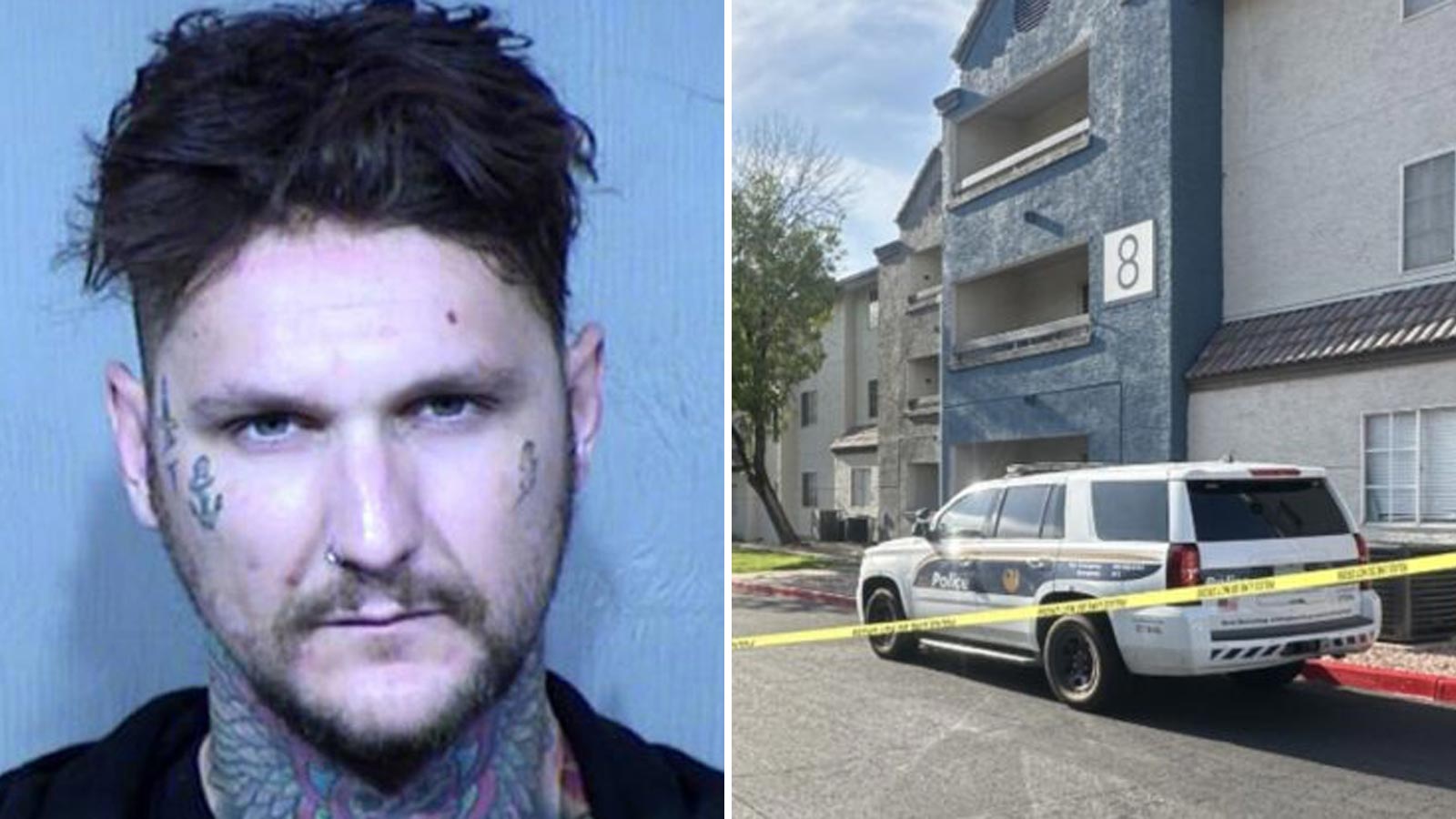Baldwin, embroiled in the aftermath of the fatal Rust film set shooting has taken a significant legal step by pleading not guilty to involuntary manslaughter charges in connection with the tragic incident that claimed cinematographer Halyna Hutchins‘ life in October 2021. The actor’s unexpected move unfolded as he waived a scheduled arraignment in Santa Fe shaping the narrative of a case mired in complexity.
 Alex Baldwin involuntary manslaughter (Photo from animated times)
Alex Baldwin involuntary manslaughter (Photo from animated times)
Baldwin’s Legal Maneuver
Alex Baldwin involuntary manslaughter’s plea not guilty submitted in a court filing on Sunday adds a layer of intrigue to the ongoing legal saga. Initially indicted last month and facing a second round of charges the actor navigates a tumultuous legal landscape after the dismissal of the same count in April, citing the need for further investigation.
Judge T. Glenn Ellington‘s order granting Baldwin’s release until trial on his own recognizance emphasizes the gravity of the situation. Involuntary manslaughter, a fourth-degree felony carries a potential prison sentence of 18 months casting a shadow over Baldwin’s legal future.
The heart of the matter lies in the fatal incident at the Bonanza Creek Ranch, where Alex Baldwin involuntary manslaughter unintentionally discharged a live round leading to Hutchins’ tragic death. Authorities attribute the mishap to the negligence of live rounds mingling with dummy ammunition on the film set.
READ ALSO: Call for Cease-Fire Investigation: U.S. Rep. Pelosi’s Controversial Stance
Legal Constraints and Communication Guidelines
As Alex Baldwin involuntary manslaughter ventures into a legal dance his release conditions come with stringent guidelines. Prohibited from possessing firearms consuming alcohol or drugs and leaving the U.S. without court permission the actor faces a landscape of constraints echoing the severity of the charges.
The nuanced conditions allow Baldwin to communicate with potential witnesses for Rust film-related business matters but discussions related to the shooting or potential testimony are strictly forbidden. Judge Ellington’s order emphasizes the sensitivity of such conversations particularly with witnesses named as civil co-defendants.




